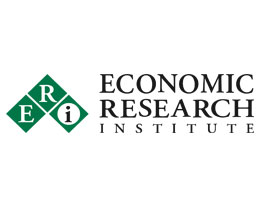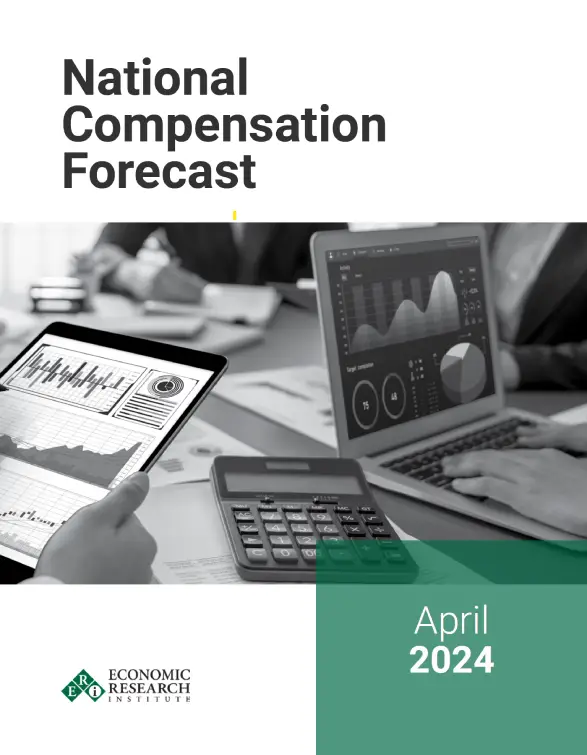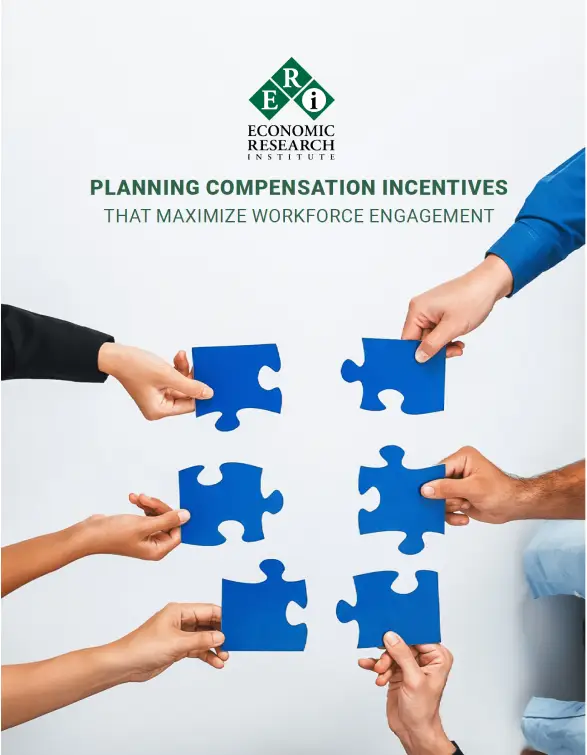In Massachusetts, paying charity board members could actually be against the law; if House Bill 3516 is passed. Massachusetts Attorney General Martha Coakley testified in September that paying directors creates an inherent conflict of interest. According to ERI’s analysis of compensation reported on Form 990s, the overwhelming majority of nonprofits do not pay their directors, but expect them to serve without pay because of their commitment to the mission of the organization.
The legislation in Massachusetts was proposed when a study completed by the Attorney General’s office found that the state’s four largest health insurers — Blue Cross Blue Shield of Massachusetts, Harvard Pilgrim Health Plan, Tufts Health Plan and Fallon Health Plan — all paid their directors. They were asked to justify the payments, but the AG did not find their rationales convincing. Since the introduction of the bill, Blue Cross and Fallon have stopped paying their directors, but Tufts and Harvard Pilgrim have not.
Even without the legislation, charities in Massachusetts that pay their directors now have to submit an annual statement detailing the basis for payment and these will be made available to the public in an annual report.
Charity associations such as Independent Sector have long been recommending that board members serve without pay. For example, Independent Sector’s publication Principles for Good Governance and Ethical Practice includes a statement that:
Board members are generally expected to serve without compensation, other than reimbursement for expenses incurred to fulfill their board duties. A charitable organization that provides compensation to its board members should use appropriate comparability data to determine the amount to be paid, document the decision and provide full disclosure to anyone, upon request, of the amount and rationale for the compensation.
In fact, most board members give money to their charities rather than receive pay for their services. According to a recent BoardSource survey, 68 percent of nonprofit organizations have a policy requiring board members to make a personal contribution on an annual basis. Boards average 74 percent participation in giving; in the arts and cultural organizations, even more organizations require annual contributions.
So if your organization pays its board members, make sure you have good comparable data to justify those payments.



